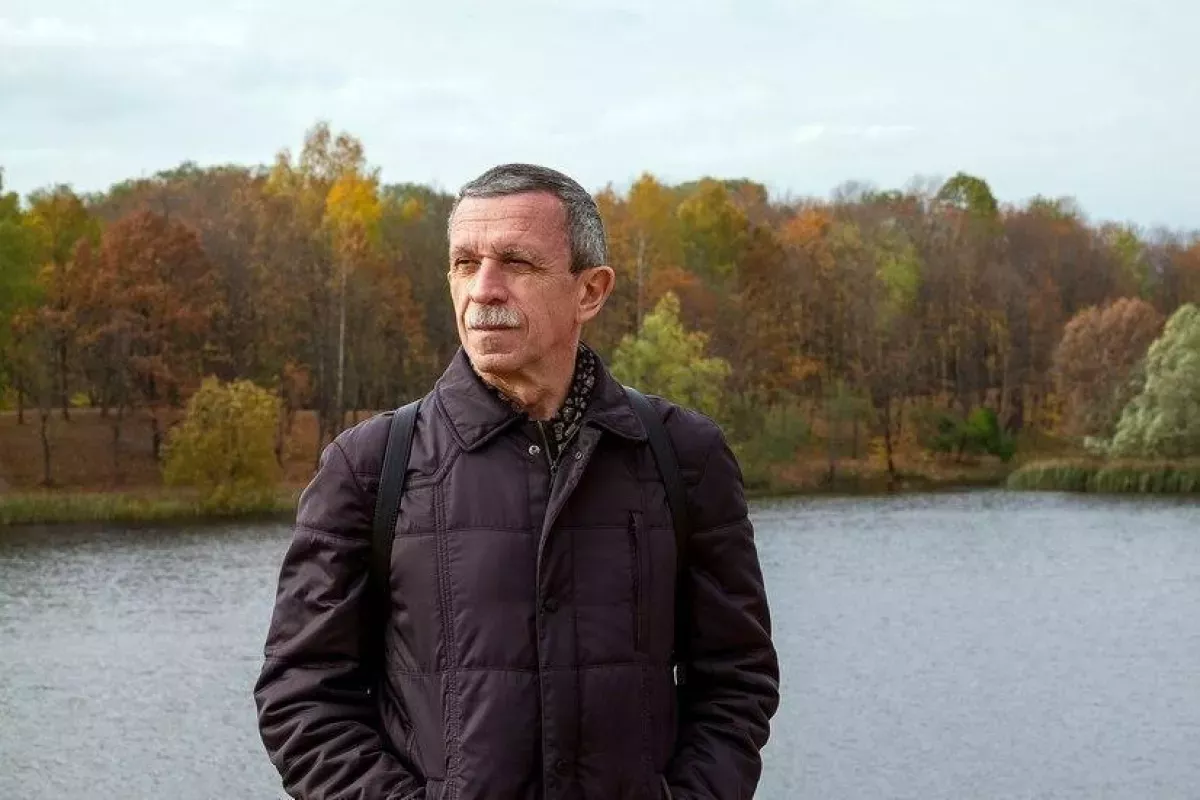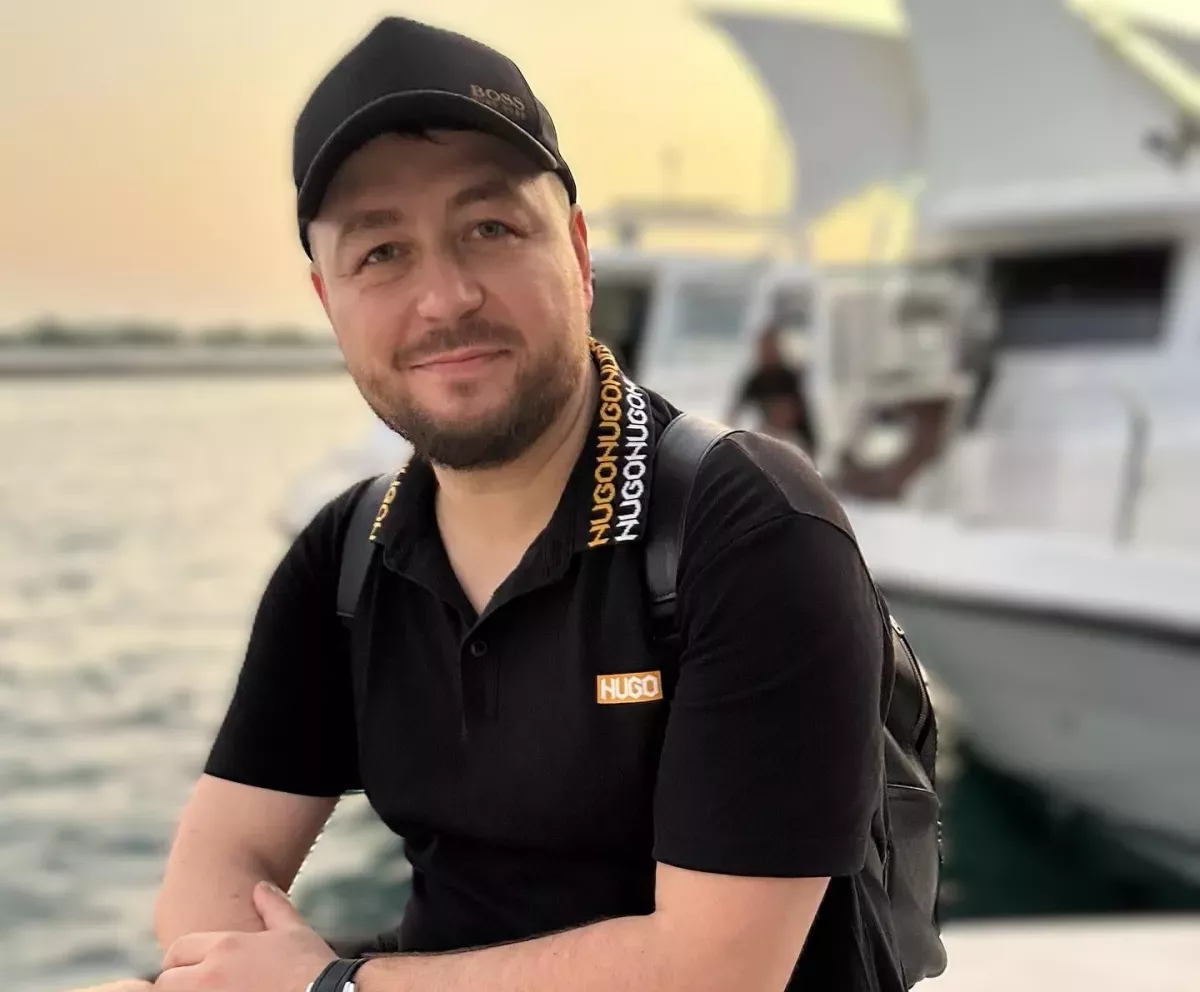Waiting for a "new master": Pashinyan’s strategy amid Europe’s distractions Is he serious about peace with Baku?
Yerevan continues to display an extremely unbalanced stance in the region's geopolitics. On one hand, there are statements expressing readiness to sign a peace treaty with Azerbaijan, while on the other hand, these intentions are repeatedly dismissed, and new preconditions are presented for achieving peace.
Particularly concerning were the comments made by Yerevan following Armenia's declaration of readiness to accept all of Azerbaijan's conditions for the peace treaty. On March 24, Armenia's Deputy Foreign Minister Paruyr Hovhannisyan, speaking with journalists in the country's parliament, revealed that Yerevan plans to maintain cooperation with the so-called "civil mission" of the European Union (EU) even after the peace agreement with Azerbaijan is signed and the observers' mandate expires. The Armenian newspaper Aravot quotes Hovhannisyan's remarks about a potential new model of cooperation with European observers: "The mission's mandate may not only include tasks related to border issue resolution but also activities aimed at building trust between Armenia and Azerbaijan."
A natural question arises: what trust is being discussed if Armenia continues to push for the presence of a European Union spy mission at the border, despite previously stating its willingness to agree to the condition of not deploying third-party forces along the border between the two nations?
Prime Minister Pashinyan has also been slow to clarify the situation regarding the new draft of Armenia's Constitution. It remains unclear whether he intends to remove clauses containing territorial claims against Azerbaijan.
Are we witnessing another wave of political demagoguery from Pashinyan, or is Yerevan truly prepared to take concrete steps toward signing a peace agreement with Azerbaijan in the foreseeable future? This is the question Caliber.Az has posed to foreign political analysts.

Political scientist, writer, and journalist Kirill Sitnikov asserts that we are currently witnessing the peak of Pashinyan’s political activity. It appears he is determined to showcase maximum political acumen and adaptability, where truth and falsehood often intertwine.
“Pashinyan faces two main tasks: organizing parliamentary elections and holding a referendum on a new constitution to strengthen his power and political support at home. At the same time, he is under pressure, knowing that Baku expects clear answers on all points of the peace dialogue, along with a positive reaction to the conditions proposed. Meanwhile, Pashinyan is attempting to secure as many concessions as possible from Baku within the framework of the upcoming agreement.
The situation has shifted: Europe is preoccupied with its own internal issues. Even Macron, focused on consolidating the EU and countering Washington's policies, has little capacity to play the role of patron for Yerevan. There are also growing doubts about the effectiveness of his efforts, as Macron is seen by many as a populist rather than a strategist on the level of someone like Trump. The chances of Macron emerging as a leader of an independent Europe, acting outside the influence of Washington, are slim.
Pashinyan is likely biding his time, trying to identify a new, reliable patron for Yerevan — one who can offer both political support and, ideally, military assistance. In this context, Trump’s response is crucial, as he has yet to comment on the events in the South Caucasus and appears indifferent to Yerevan's situation.
Should engagement with the West fail, Armenia may seriously consider returning to Moscow’s full protection. However, this option seems unlikely at this point. As a result, Pashinyan continues to pursue an active populist approach in negotiations with Azerbaijan, making contradictory statements and stalling for time until it becomes clear which global power is ready to offer Yerevan the 'political shelter' it needs in the coming years. Depending on this patron’s stance, Yerevan will shape its policy toward Baku — either making concessions, refusing to make them, or possibly even abandoning the peace agreement and escalating the conflict. While the latter scenario seems unlikely in the next few years, especially with Trump in office, it cannot be ruled out," Sitnikov concluded.

Georgian international relations expert Arkady Nozadze believes that, at this point, it is crucial for Pashinyan to accomplish a specific goal: "to achieve the opening of borders and the resumption of diplomatic contacts with Türkiye." This step, according to the pundit, could bring significant political advantages, strengthen public trust in him during the upcoming elections, and enhance his position within Armenian society.
Nozadze stresses that "it is Türkiye, not Russia or Iran, that should become Yerevan’s key regional partner."
“This has become the central focus of Pashinyan's current strategy. Pashinyan is looking toward the future, with hopes that power in Türkiye itself may change, and Baku will no longer be Ankara’s priority ally. Armenian strategists believe that if this happens, pressure from Türkiye on Armenia will ease, full restoration of trade relations with Ankara will begin, and Armenia will emerge from international isolation. This, in turn, would strengthen Yerevan's position in the South Caucasus and help balance its influence with Baku,” the expert notes.
Considering these potential developments, Nozadze adds that "Pashinyan may well decide to sign a peace agreement with Azerbaijan on its terms, to close this painful issue and turn the page." However, he also cautions that "Baku should remain vigilant — Yerevan can always be expected to make new moves and take unconstructive steps.”








